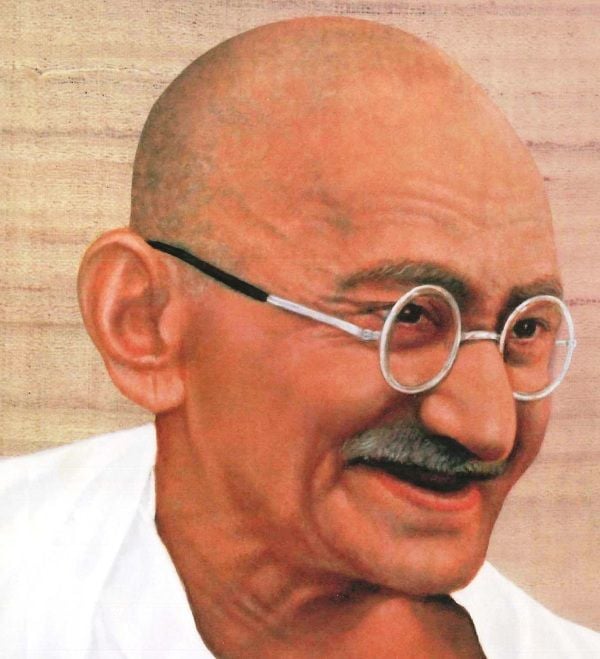Father of our nation Mohandas Karamchand Gandhi, commonly known as Mahatma Gandhi, was a prominent leader in the Indian independence movement against British colonial rule. He was born on October 2, 1869, in Porbandar, a coastal town in present-day Gujarat, India.
Here is a brief biography of Mahatma Gandhi:
Early Life:
- Gandhi was born into a Hindu family of the Vaishya (trading) caste. His father, Karamchand Gandhi, served as the diwan (chief minister) of Porbandar, and his mother, Putlibai, was deeply religious.
- In his early years, Gandhi was a mediocre student but showed an early inclination towards truthfulness and nonviolence.
Education:
- He went to London in 1888 to study law at University College London. After completing his studies, he returned to India and struggled to establish a law practice in Bombay (now Mumbai).
South Africa:
- In 1893, Gandhi moved to South Africa to work as a legal representative for Indian immigrants. It was there that he first experienced racial discrimination and injustice.
- Gandhi began to develop his philosophy of nonviolent resistance (Satyagraha) and civil disobedience while fighting against discriminatory laws in South Africa.
Return to India:
- Gandhi returned to India in 1915 and soon became involved in the Indian independence movement.
- He emerged as a leader in the Indian National Congress and played a key role in various campaigns for civil rights and independence.
Nonviolent Resistance:
- Gandhi’s philosophy of nonviolent resistance was based on the principles of truth (Satya) and nonviolence (Ahimsa).
- He led numerous campaigns of nonviolent civil disobedience against British rule, including the famous Salt March in 1930, protesting the British salt monopoly.
Role in Indian Independence:
- Gandhi played a crucial role in negotiating with the British for India’s independence.
- India gained independence on August 15, 1947, but it was accompanied by the partition of the country into India and Pakistan, leading to widespread communal violence.
Assassination:
- Tragically, Gandhi’s commitment to nonviolence did not spare him from violence. He was assassinated on January 30, 1948, by Nathuram Godse, a Hindu nationalist who opposed Gandhi’s tolerant views on different religions.
Legacy:
- Mahatma Gandhi is remembered as the Father of the Nation in India for his pivotal role in the country’s struggle for independence.
- His philosophy of nonviolent resistance has influenced many movements for civil rights and freedom across the world.
- Gandhi’s teachings on peace, tolerance, and nonviolence continue to inspire individuals and movements globally.



